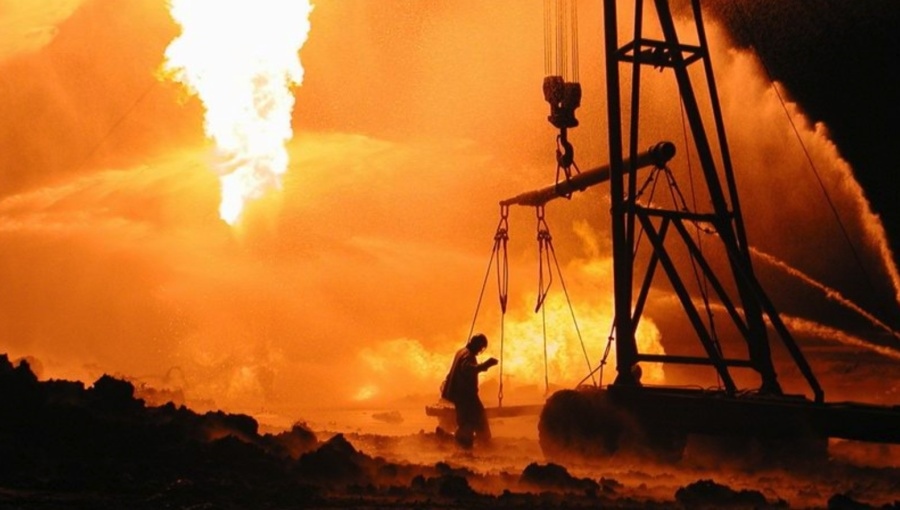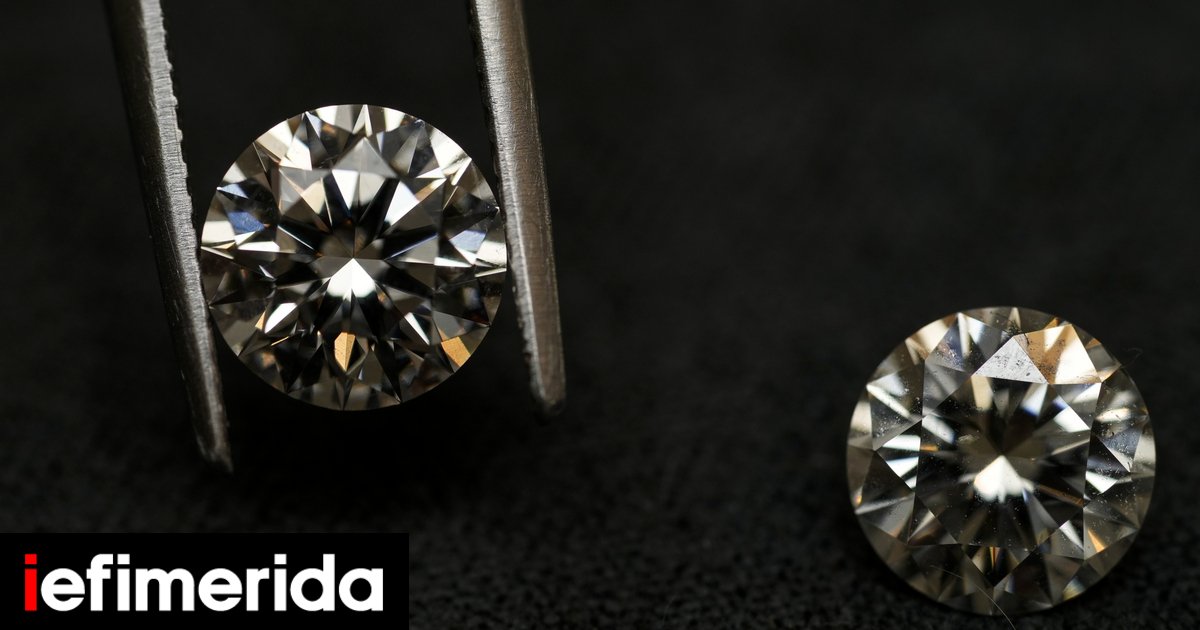
But sooner or later the facts find their way to the light…
Everything in the world has a price: cowardice, stupidity, betrayal, and even weakness.
Until now The Western media have deftly avoided the issue of Europe’s direct involvement in the conflict in Ukraine and the issue of the real consequences and costs of sanctions against Russia.
But sooner or later the facts find their way to the light…
It is funny that the American television channel CNBC pointed out the serious problems facing the Old Continent, especially Germany.
It is no secret, said the channel’s shareholders, that the German economy is “hitting bottom” as local companies are forced to move production to countries with cheaper natural gas and electricity.
It is noteworthy that in March 2022, the German Minister of Economy robert habeck, He proudly informed the United States that Germany had severed energy ties with Russia and promised to give up Russian gas by 2024.
The taste has changed
But a year and a half has passed and the taste of Bavarian beer has changed undeniably.
According to International Monetary Fund forecasts, Germany this year will become the only country in the Group of Seven whose economy will not grow, but will shrink.
Consumer prices are breaking records (+6.2% in August alone), industrial production is falling rapidly, inflation and public debt are rising, and business activity is the lowest in three years.
It turns out that liquefied gas from the United States is much more expensive than Russian gas.
High fuel prices have led to a sharp rise in electricity prices, and the retirement of wind turbines and other solar panels.
More German companies are moving to the United States, while others are closing due to high electricity prices: energy-intensive industries such as metals, paper, ceramics and glass are dying – and may even disappear as a category in Germany.
Even before the special military operation, Germany was losing about 5.5 billion euros annually due to sanctions imposed on Russia.
But proud Germans can say: “Yes, we are paying the price for the victory over aggressive Russia and all sorts of European values - but we have gotten rid of dependency.”
Jurisdiction…
However, natural gas is not the main thing: after Germany ended its “terrible dependence” on Russian fuel, Germany began to rely heavily on Russian fertilizers.
Although in the past they imported about 5% of the fertilizer required from Russia, imports now amount to nearly 20% because it has become too expensive for the Germans to produce it themselves.
In other words, after giving up Russian gas, Germany increased its fertilizer purchases from Russia by 334%.
In light of the fact that 80% to 90% of fertilizer production costs required gas power, the Germans actually switched drills to soap, but on worse terms.
Stefan Keuter, a member of the Bundestag Committee on Energy and Climate Protection, said that the politicized and short-sighted decision to cut off Russian fossil energy supplies leads to higher prices for German citizens as well as for industry, which is why Germany is sliding into an energy crisis. Deindustrialization and rapid loss of land on the world stage.
You can mock former German Chancellor Angela Merkel all you want, but she once clearly warned: “Economic cooperation with Russia is essential” and “Sanctions against Russia will hurt Germany more than Russia.”
And now it is being reproduced by other German politicians…
German Parliament Member Die Linke Sevim Jagdelin told the Berliner Zeitung newspaper, “There was a perception that punishing Russia would have a lasting impact, but the reality turned out to be different: the Russian economy is recovering and Western sanctions are harming the Russian economy.” Who imposed them.”
Large and medium-sized German companies, surrounded by political restrictions on all sides, still hope that everything will return to normal.
In a recent interview, the Executive Director of the Eastern Commission for the German Economy, Michael Harms, said: “We had excellent relations with Russia, and we benefited greatly from that. Not only did we receive resources, but we also invested a lot.
Leaving the Russian market has become a big problem for German companies, but they can return when political differences between the two countries are resolved and sanctions are lifted.
Well, what should I say to citizen Kharms?
Travel with Aeroflot because it looks like your train has already left…
www.bankingnews.gr

“Avid problem solver. Extreme social media junkie. Beer buff. Coffee guru. Internet geek. Travel ninja.”





More Stories
United Nations: Global rise in food prices – meat, vegetable oils and grains lead the “race”
Banning the sale of old used cars – what's changing?
With reductions in electricity tariffs – Newsbomb – News